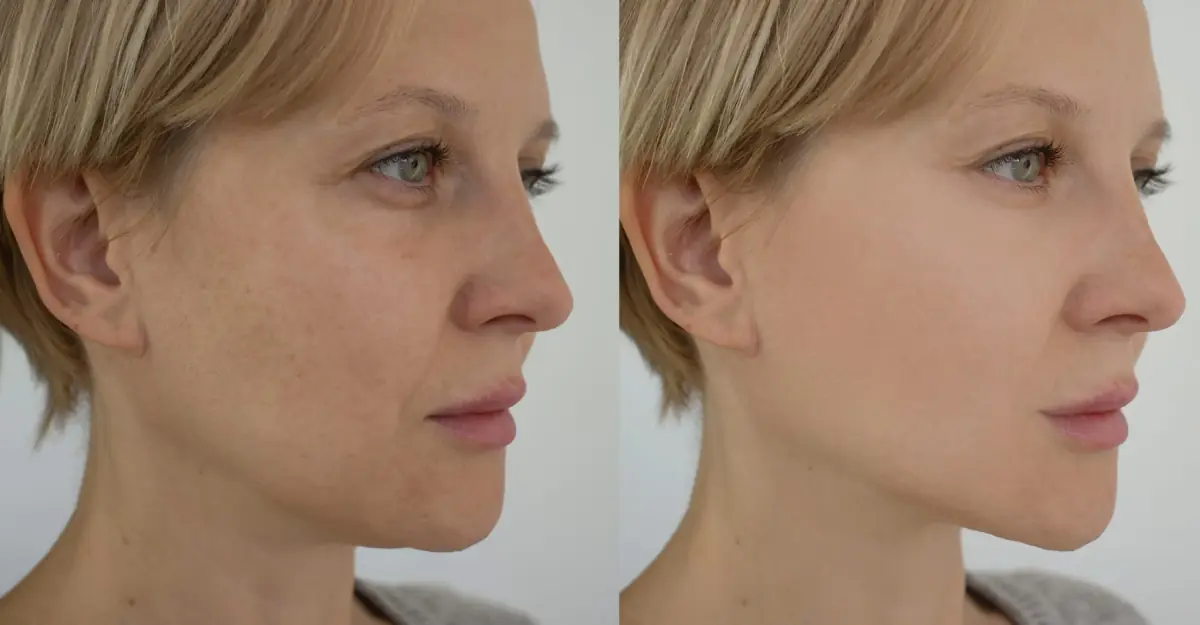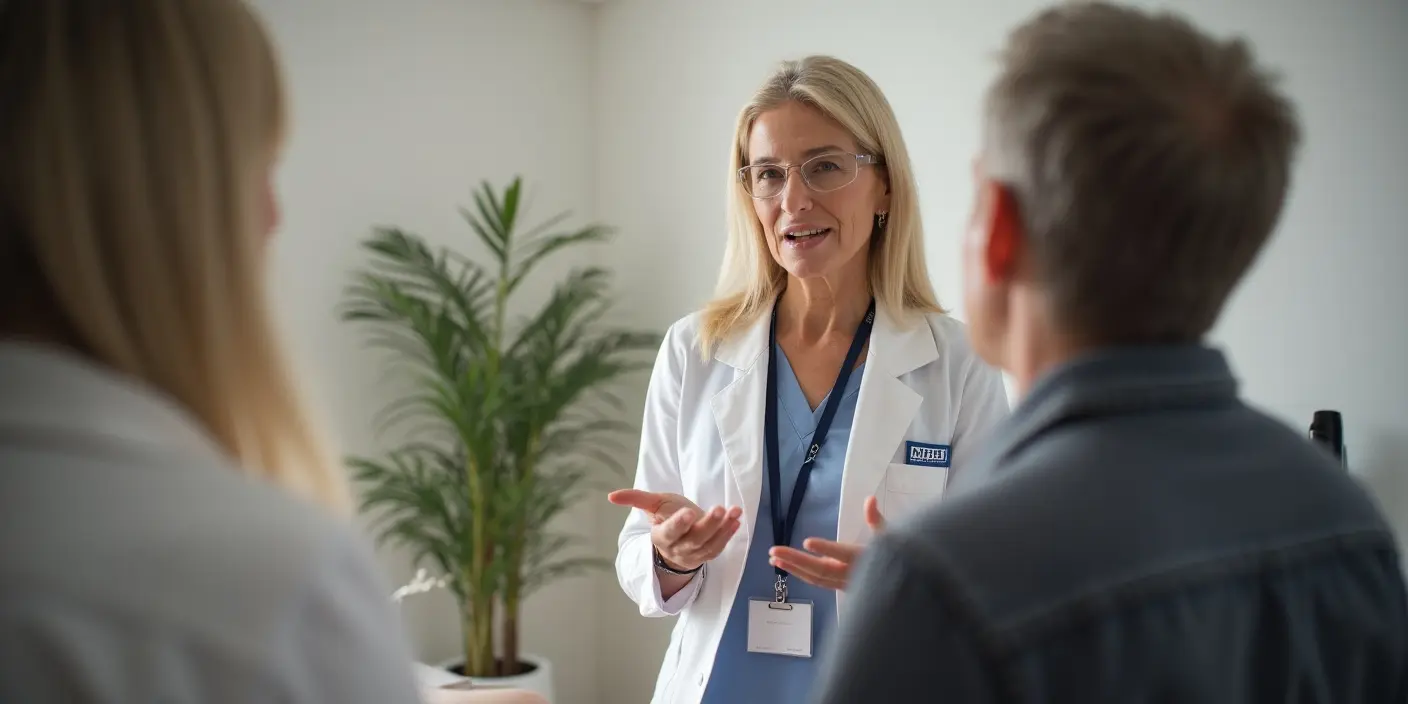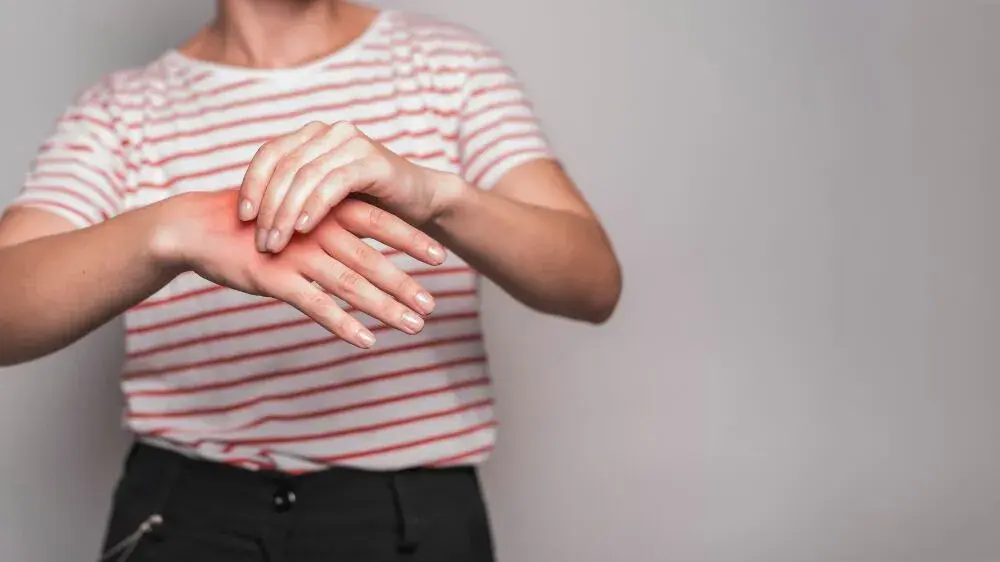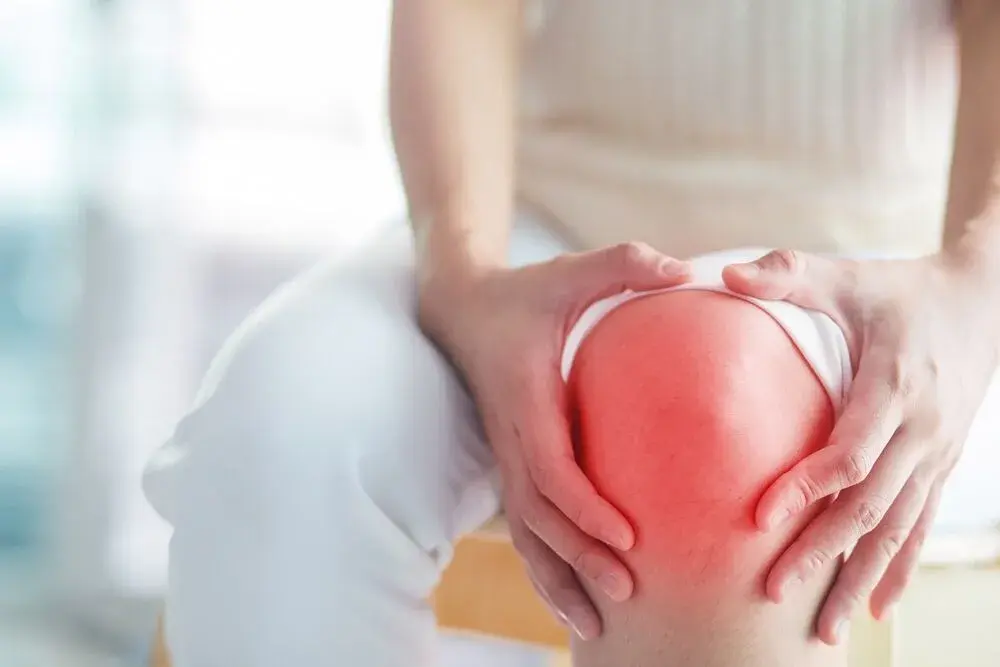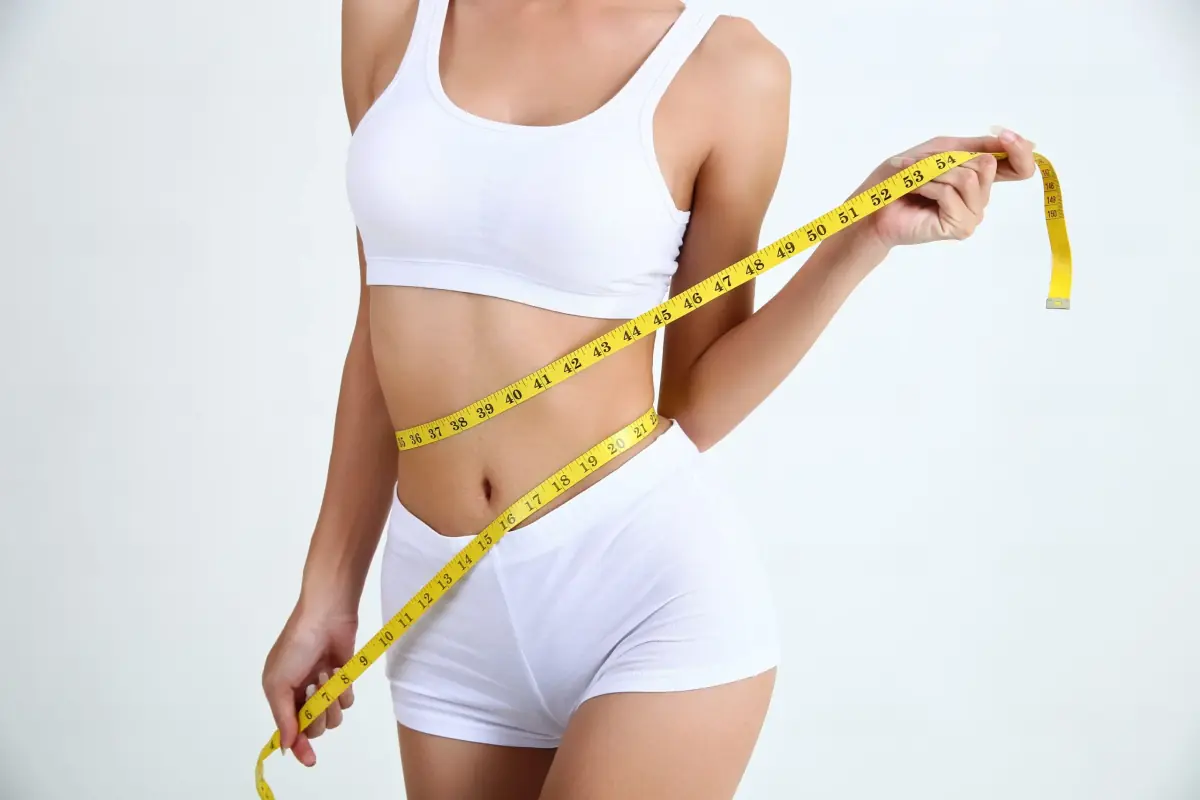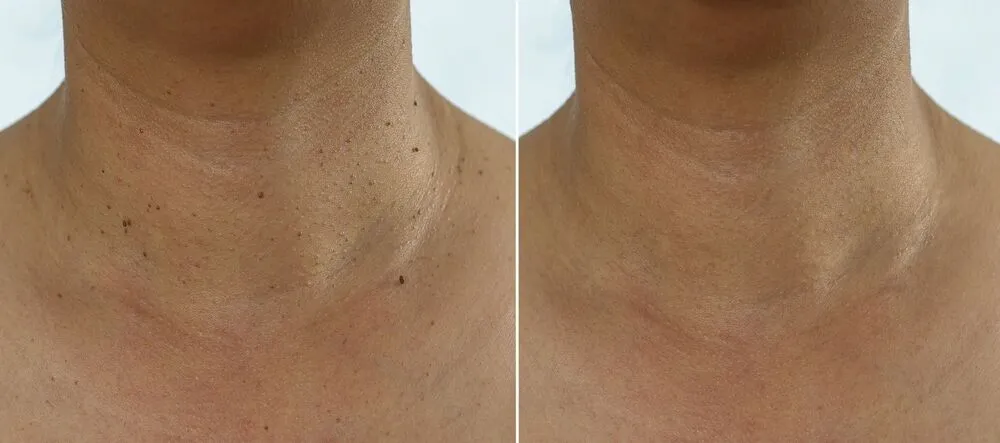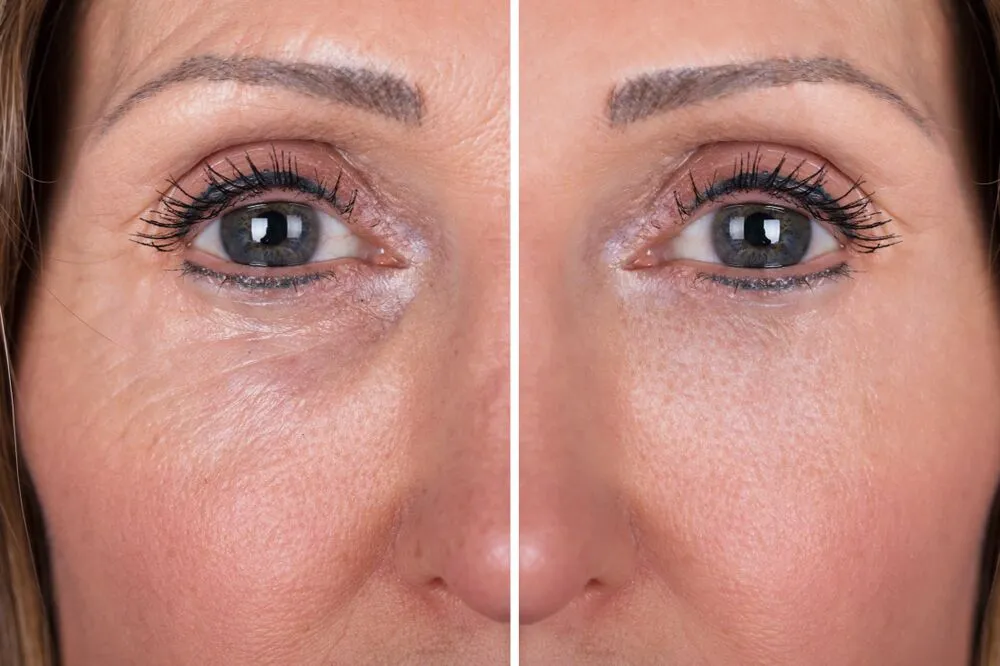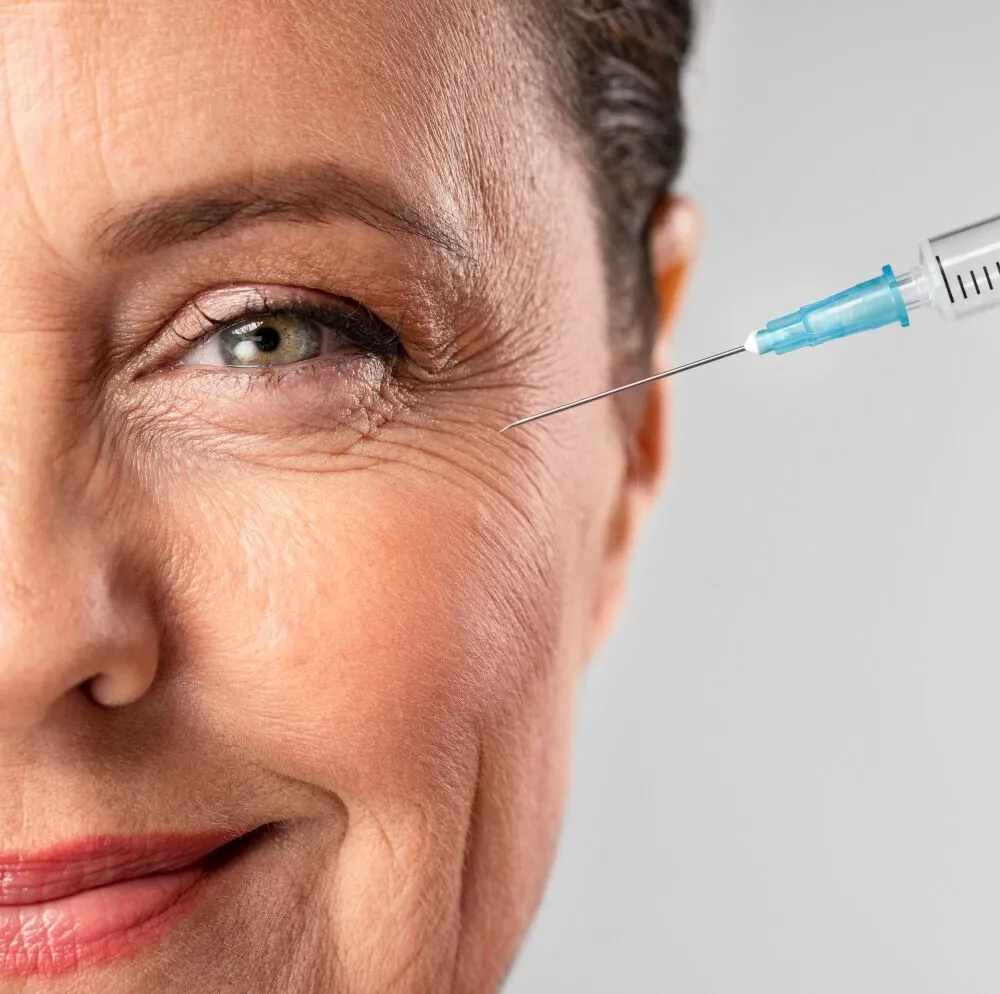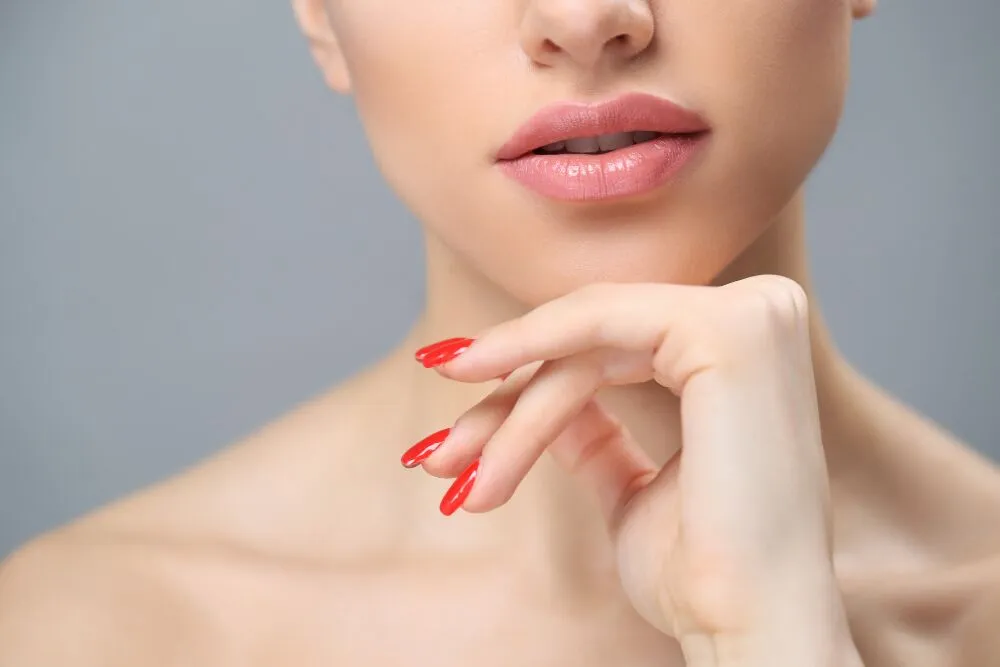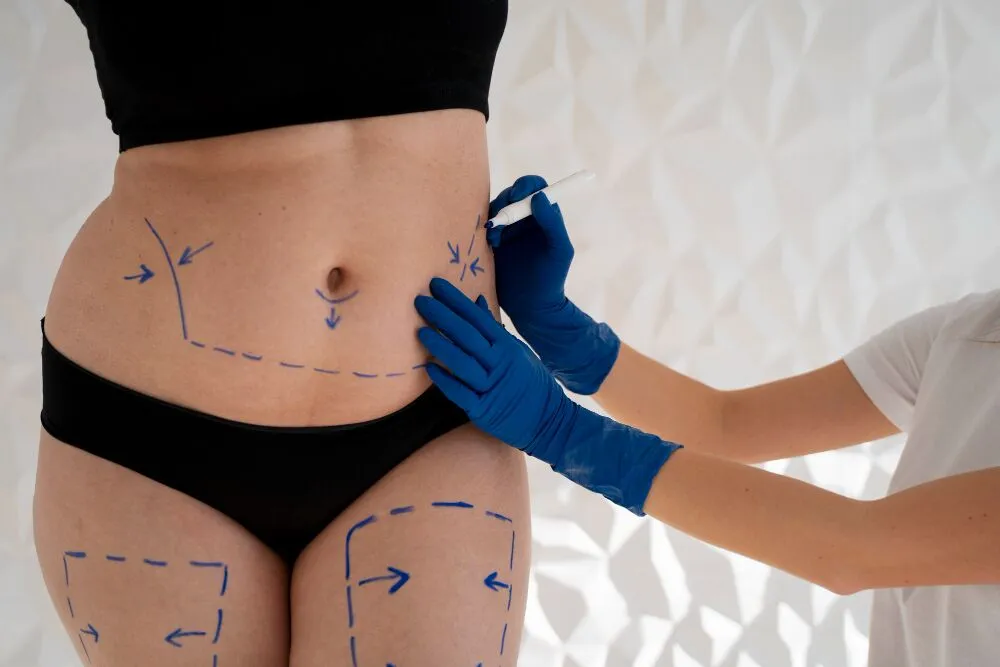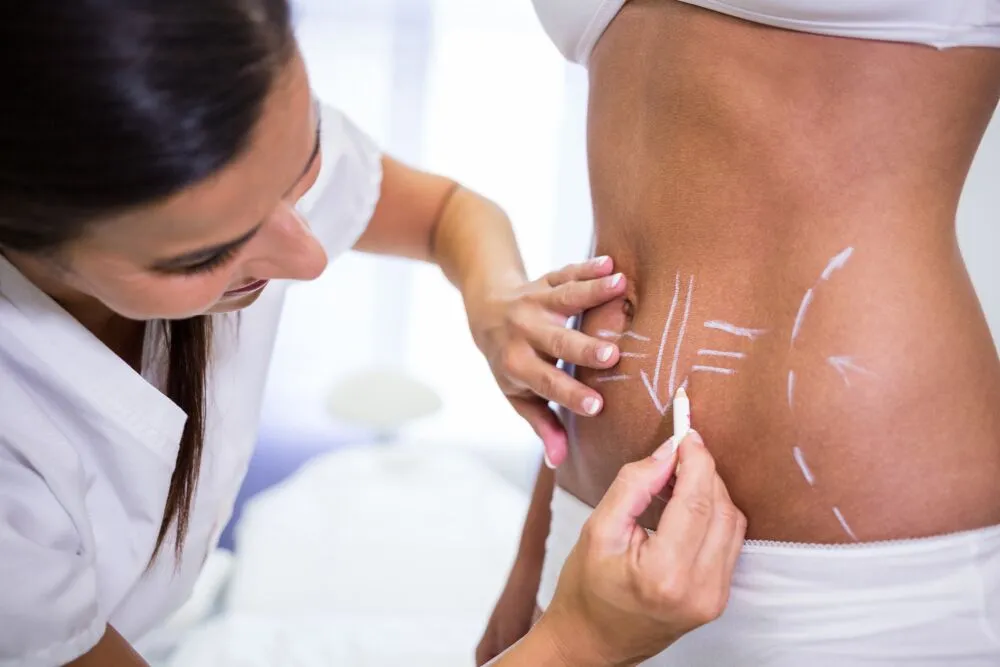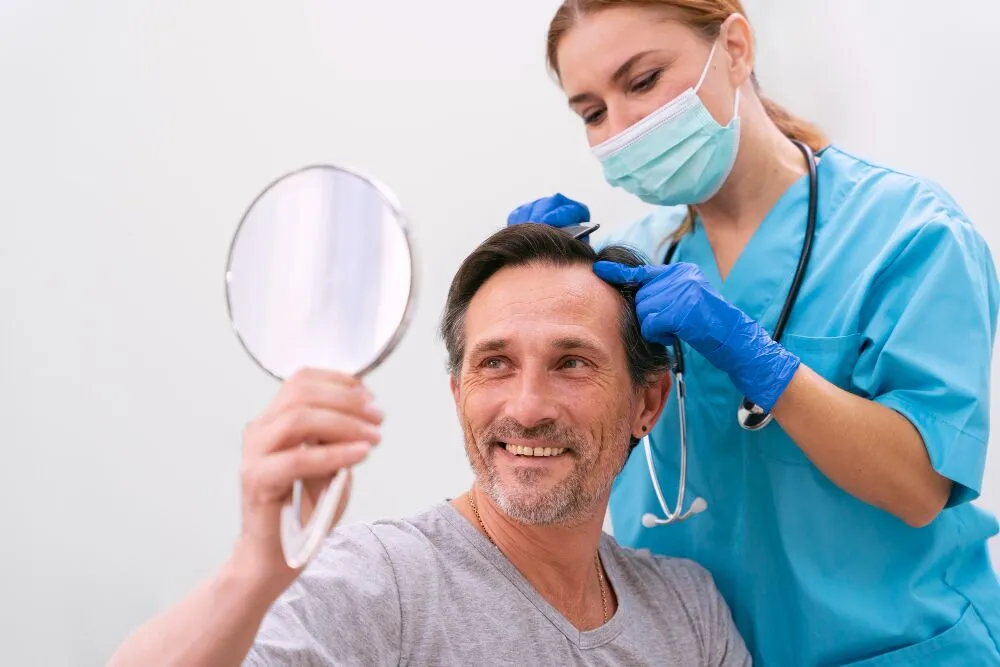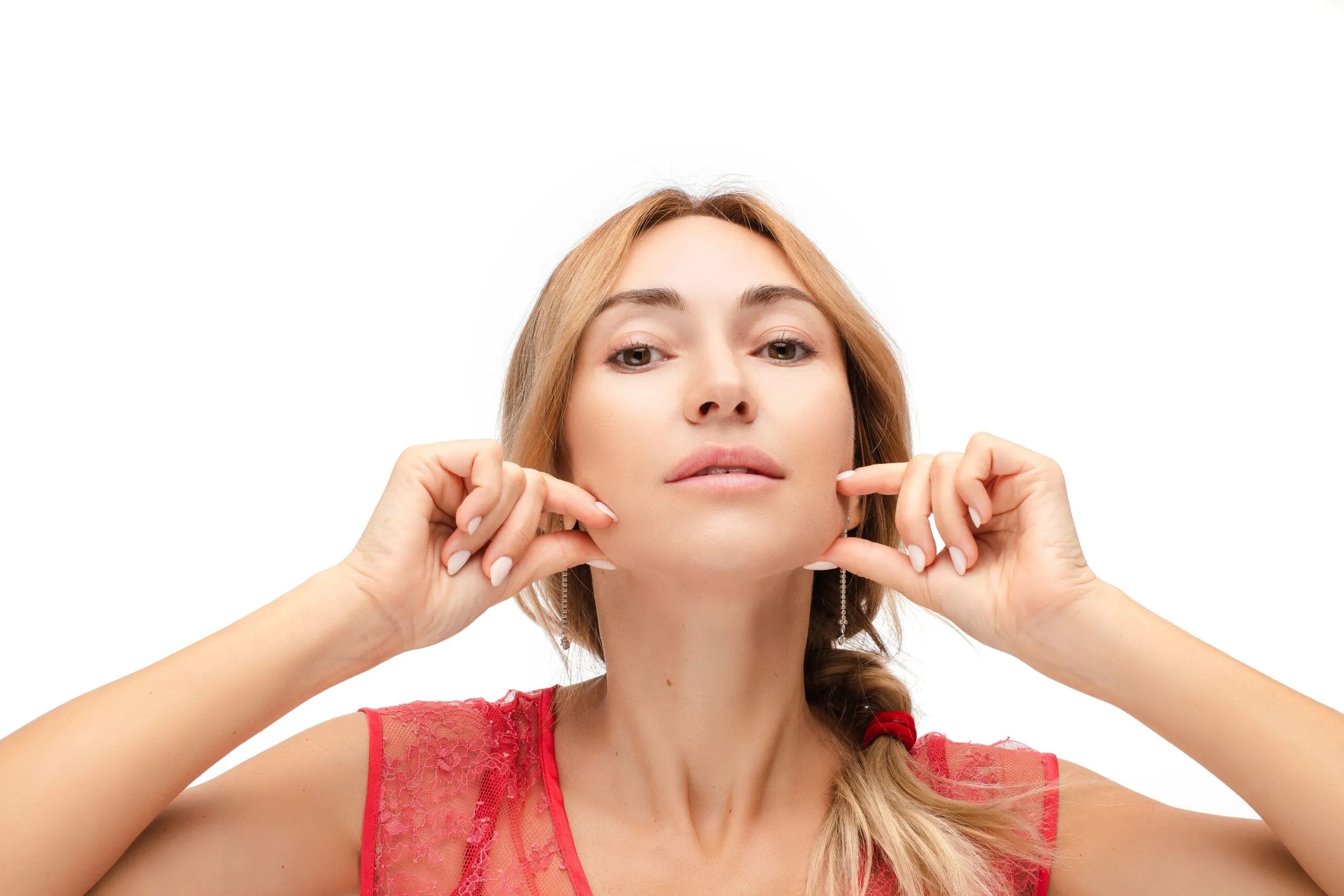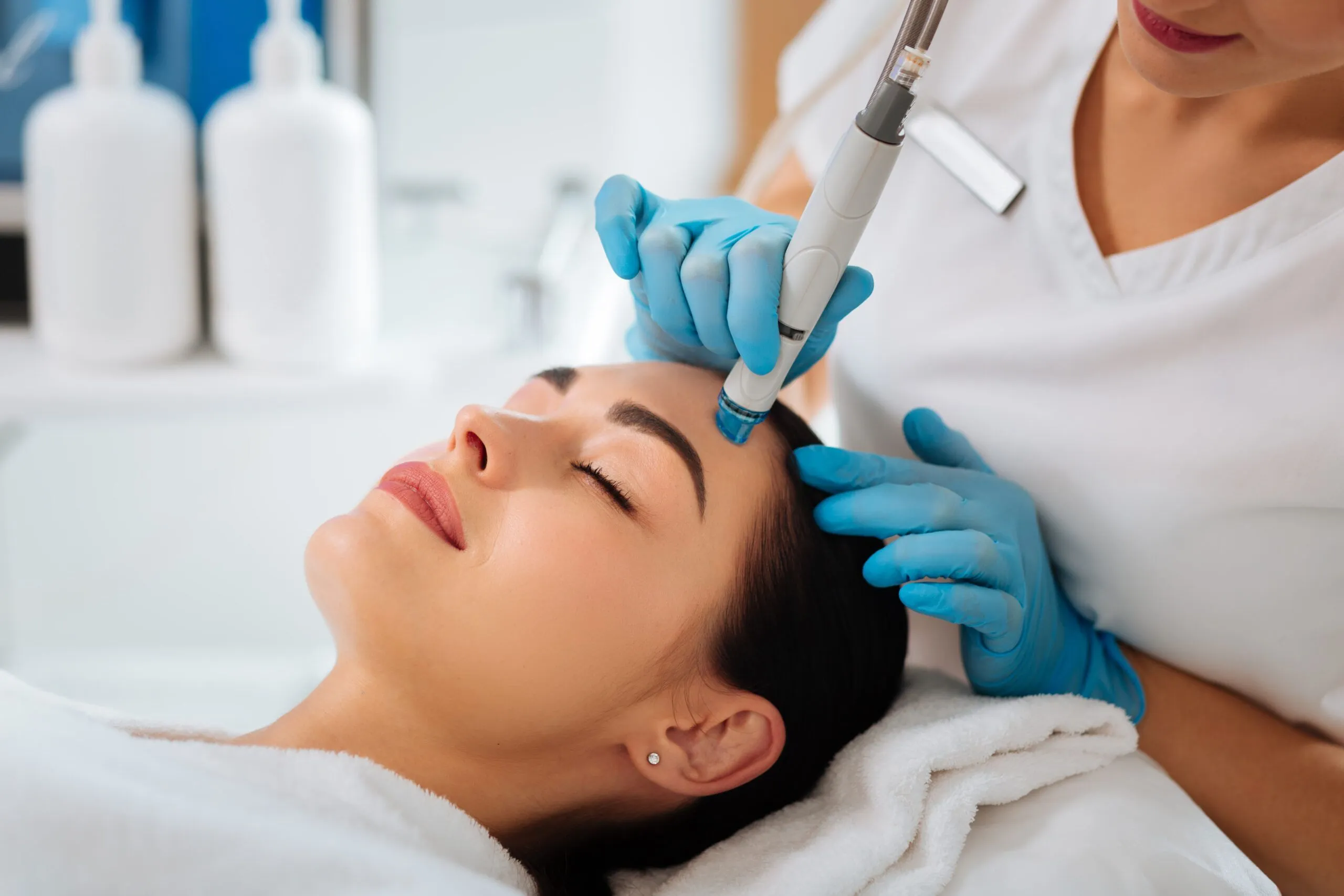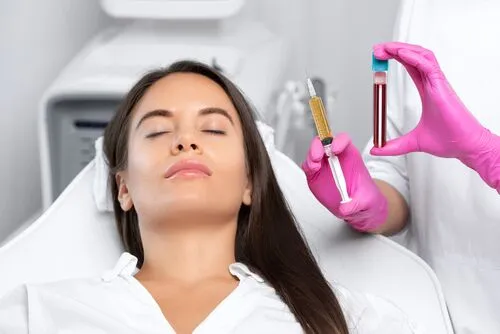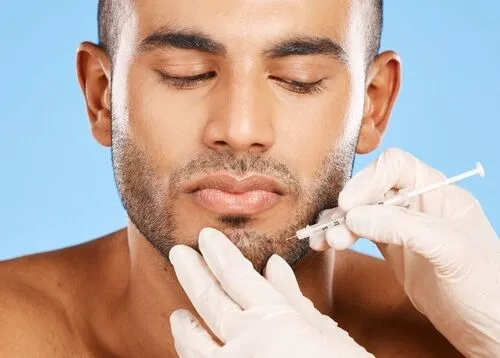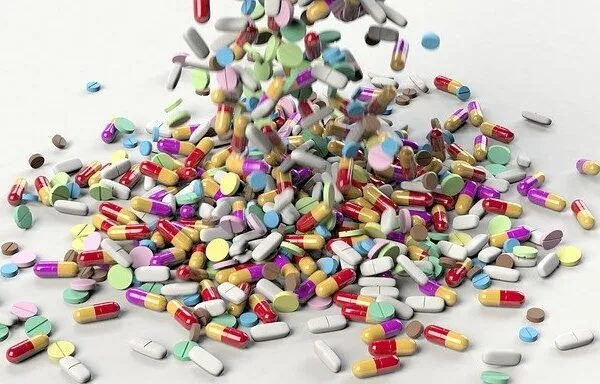Our Blog
Discover the latest trends, tips, and best practices in our industry. Stay updated with our expert insights and knowledge.
Featured Post
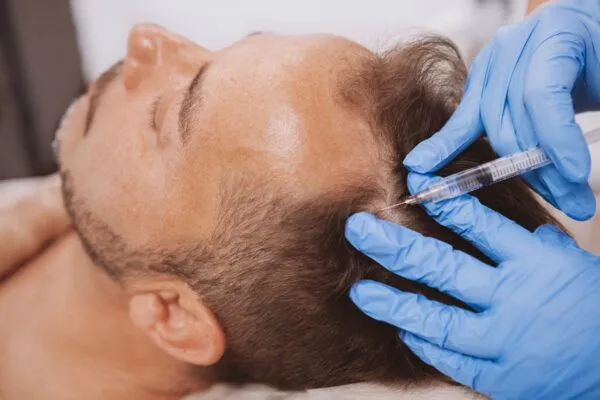
PRP for Hair Loss: How Platelet-Rich Plasma Promotes Hair Growth
Discover how PRP (Platelet-Rich Plasma) therapy can effectively treat hair loss. Learn about the procedure, benefits, and its use for various hair loss conditions.
By Lead Doctor
Read ArticleAll Articles
Discover the transformative power of cheek fillers at PRP London Clinic with Dr. Hansel Misquitta. See before & afters, ...
Direct answer: PRP for hair loss is generally NOT available on the NHS. Discover why, what PRP is, and your alternative ...
Struggling with hand pain, numbness, or tingling? Learn about Carpal Tunnel Syndrome, its causes, symptoms, and effectiv...
Considering PRP injections for knee pain or arthritis? Discover how PRP therapy works, its benefits, preparation, and wh...
Discover Aqualyx, a non-surgical injectable treatment designed to reduce stubborn localised fat deposits. Learn how it w...
Considering skin tag removal? Learn about what skin tags are, common removal methods, safety, aftercare, and why profess...
Considering Profhilo? Explore what this innovative hyaluronic acid treatment is, how it works, its benefits for skin qua...
Explore Profhilo: what it is, how it works, its benefits for skin laxity and quality, longevity, and how it compares to ...
Considering lip fillers? Explore what they are, the procedure, benefits, risks, aftercare, and importantly, their availa...
Exploring whether weight loss injections are available on the NHS in the UK. Understand NHS criteria for weight manageme...
Considering weight loss injections? Learn about how they work, popular types like Aqualyx, their effectiveness, safety, ...
Exploring the effectiveness of Finasteride for male pattern baldness. Learn how it works, how long it takes to see resul...
Discover Botox jawline slimming: how it works to slim and define the jawline, its effects on sagging, and what to expect...
Discover microneedling (collagen induction therapy): how it works to improve skin texture, scars, and wrinkles, what to ...
Considering a PRP facial (Vampire Facial®®) in London? Explore what it is, how it works, benefits, aftercare, and typica...
Considering PRP for beard growth? Learn how Platelet-Rich Plasma therapy can help stimulate fuller, thicker beard growth...
Considering hair growth tablets like Finasteride or Dutasteride? Explore their effectiveness for male pattern baldness, ...
Comparing PRP (Platelet-Rich Plasma) and PRF (Platelet-Rich Fibrin) for hair loss. Explore their differences, how they w...
Considering PRP injections for hair loss in the UK? Explore typical costs per session, what influences pricing, and what...
Exploring the effectiveness of Minoxidil shampoo for hair loss compared to traditional foams and serums. Understand how ...
Discover Platelet-Rich Plasma (PRP) therapy. Learn what PRP is, how it works, its uses in regenerative medicine (tendons...
